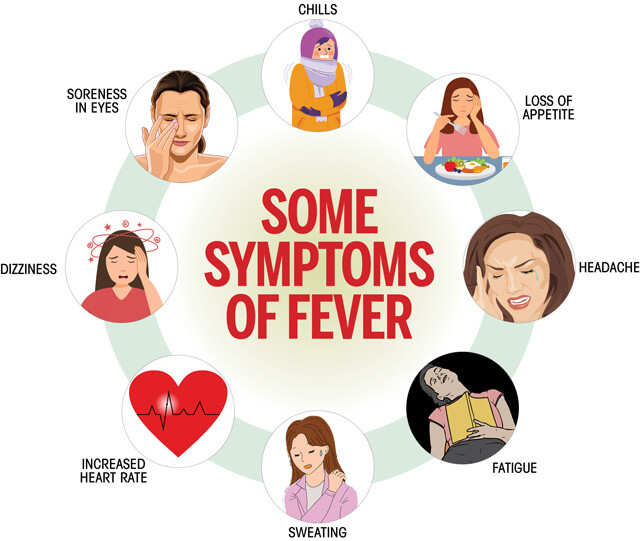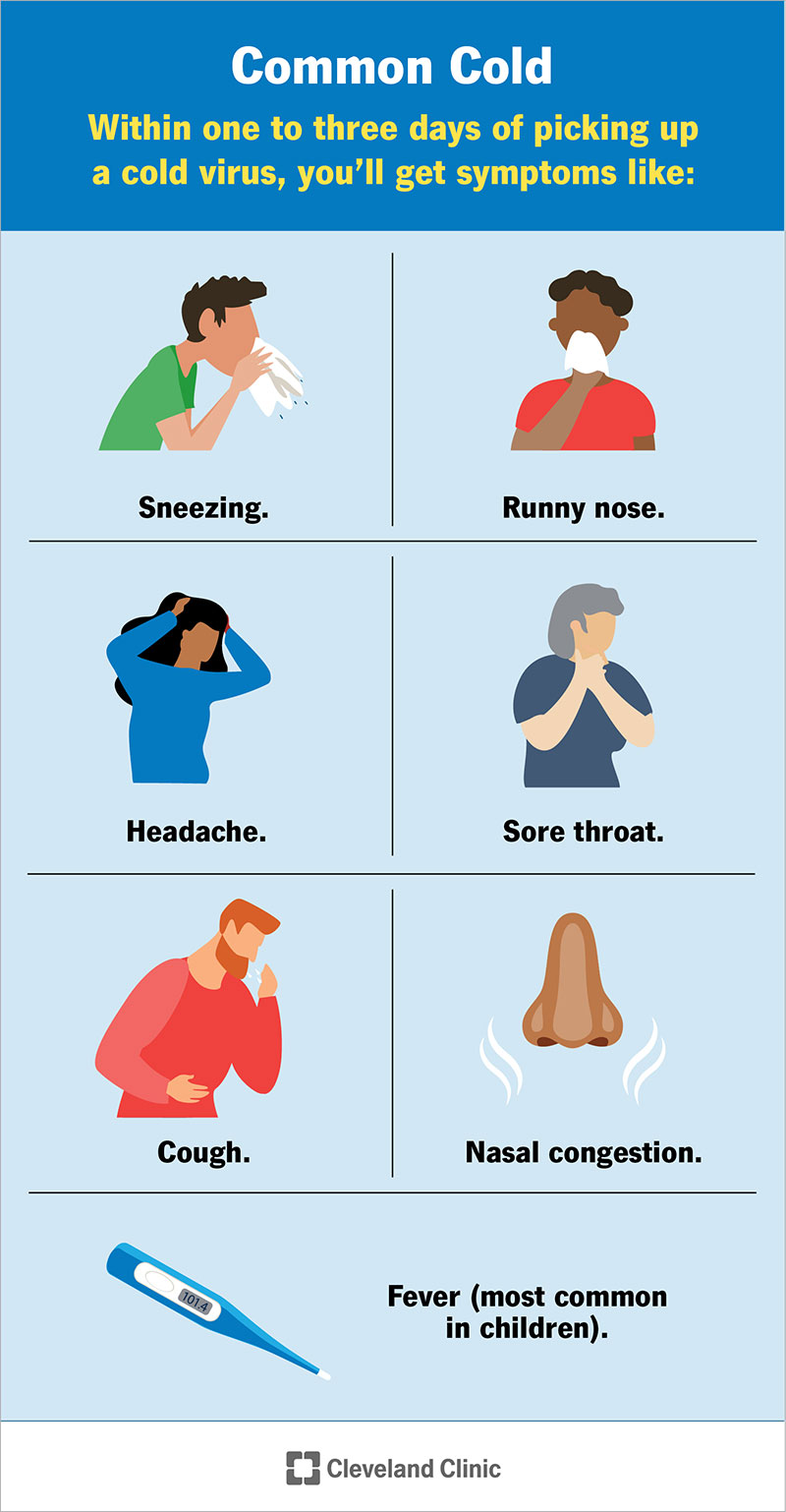Outstanding Tips About How To Treat A Mild Fever

They usually notice fevers, body aches, bone aches, muscle aches;
How to treat a mild fever. Symptoms of dengue fever. Above 102 f (38.9 c) taken orally. Seizure loss of consciousness confusion stiff neck trouble breathing severe.
Take paracetamol or ibuprofen in appropriate doses to help bring your temperature down. If you do have a fever, remember this: Viral infection (like the flu or a cold) bacterial infection.
The mild february temperatures have seen pollen counts much higher than usual at this time of the year, leading to a lot of people unexpectedly suffering from hay fever before. It can steal your energy, your ability to think clearly, and your sense. Long covid is a collection of symptoms that last three months or longer after your first covid symptoms.
How to break a fever 1. Chills without fever other symptoms treatment having a fever with chills is usually the body's way of fighting off infection. It describes a body temperature that’s higher than normal.
Why causes chills? Key facts fever is a part of your body’s immune response and is usually caused by infection. A fever causes a high temperature but can also cause sweating and chills.
Many times, they even describe an aching behind their eyes. Stay home, rest, and call or. Other symptoms are improving — loss of taste and smell.
Seek medical help right away if you have a fever along with any of these symptoms: There are also lots of home remedies you can use to treat your cold and fever, such as taking sponge baths, staying hydrated, and keeping the room temperature. Placing a cool, damp washcloth on your forehead and the back of your neck can help your fever symptoms feel better.
These minor fevers may be helpful. Dehydration a general feeling of being unwell causes a persistent low grade fever is typically a sign that the body is fighting off an infection or another health issue. Common causes of a fever in adults are:
A fever can also cause associated symptoms such as fatigue, chills, and body aches—all of which can be treated with ibuprofen (advil or motrin) or. Call the doctor if the fever is accompanied by a severe headache, stiff neck, shortness of breath, or other unusual signs or symptoms. Fever itself is not an illness—it’s a symptom of one.
If you're uncomfortable, take acetaminophen (tylenol, others),.














:max_bytes(150000):strip_icc()/low-grade-fever-5084141-Final-e7cba976cd33436eb797a877280dc334.jpg)


